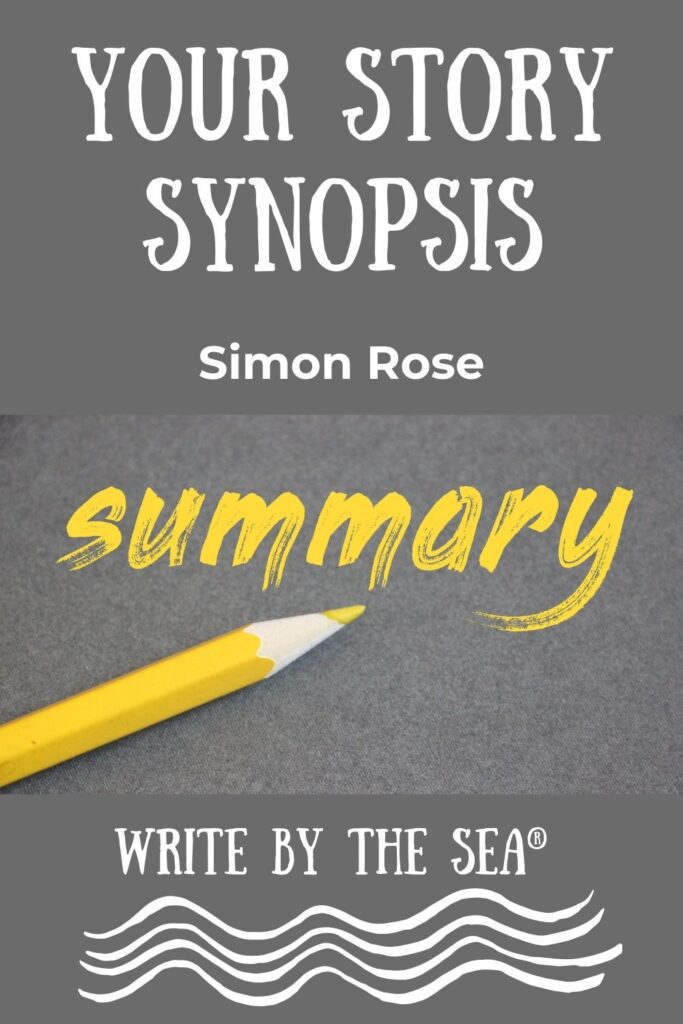
Today is Day 5 of my 7-day special series about how to tap into your subconscious mind.
Each day for 7 days, I’m posting a different method for connecting with your subconscious, and in this post I’d like to explain one of my favorite ways to tap into my subconscious.
I hope it will become one of your favorites, too, because in the fast-paced world we live in, it’s easy to lose touch with your inner self.
Your conscious mind is constantly bombarded with information, tasks, and responsibilities, often leaving little room for introspection and deeper understanding.
This is where journaling can become a powerful tool to connect with your subconscious mind, revealing insights and truths that lie beneath the surface.
What is the Subconscious Mind?
The subconscious mind is the part of your consciousness that operates below the level of conscious awareness.
It stores memories, emotions, beliefs, and instincts that influence your thoughts and behaviors.
While you might not be actively aware of its workings, the subconscious mind significantly impacts your daily lives.
Connecting with it can help you understand yourself better, make informed decisions, and foster personal growth.
How Journaling Bridges the Gap
Journaling serves as a bridge between the conscious and subconscious mind.
By putting pen to paper, you can bypass your analytical mind and tap into deeper layers of your psyche.
Here’s how:
#1. Stream of Consciousness Writing
This technique involves writing continuously without worrying about grammar, spelling, or coherence.
The goal is to let your thoughts flow freely.
This unfiltered writing can reveal patterns, fears, desires, and insights that you might not be aware of consciously.
#2. Prompted Journaling
Using prompts can guide your writing towards specific themes or questions.
Prompts like “What am I afraid of?” or “What do I truly desire?” can help direct your subconscious to uncover hidden thoughts and emotions.
#3. Dream Journaling
Dreams are a window into the subconscious.
Keeping a dream journal helps you record and analyze your dreams, offering clues about unresolved issues, hidden fears, and suppressed desires.
#4. Mind Mapping
Creating mind maps allows you to visually organize your thoughts and ideas.
This technique can reveal connections and patterns in your thinking that you might not notice through linear writing.
Benefits of Journaling for Subconscious Connection
#1. Self-Discovery
Journaling can help you uncover your true self, revealing your deepest desires, fears, and motivations.
This self-awareness is crucial for personal growth and fulfillment.
#2. Emotional Release
Writing about your feelings can provide a safe outlet for emotions.
It allows you to process and release pent-up emotions, leading to better mental and emotional health.
#3. Problem-Solving
The subconscious mind often holds the key to solving problems.
Journaling can help you tap into this reservoir of knowledge and come up with creative solutions.
#4. Stress Reduction
By externalizing your thoughts and feelings, journaling can reduce stress and anxiety.
It provides a sense of relief and clarity, helping you manage your mental well-being.
#5. Enhanced Intuition
Connecting with your subconscious mind through journaling can sharpen your intuition.
You become more attuned to your inner voice, making decisions that align with your true self.
Tips for Effective Journaling
#1. Be Consistent
Set aside a regular time for journaling.
Consistency helps you develop a habit and deepens your connection with your subconscious mind.
#2. Create a Safe Space
Be sure you have a quiet, comfortable space where you can write without interruptions.
This promotes relaxation and openness.
#3. Be Honest
Authenticity is key.
Write honestly about your thoughts and feelings, even if they seem uncomfortable or irrational.
#4. Stay Patient
Connecting with your subconscious mind is a gradual process.
Be patient and compassionate with yourself as you explore your inner world.
#5. Reflect from Time to Time
Periodically review your journal entries.
Reflecting on your writings can provide additional insights and track your progress over time.
In Conclusion
Journaling is more than just a writing exercise; it’s a journey into the depths of your subconscious mind.
By making it a regular practice, you can unlock the hidden facets of your psyche, leading to profound self-discovery and personal growth.
So, pick up that pen, open your journal, and start exploring the rich, inner landscape of your subconscious mind.
Now, if you’ve missed any of this week’s posts about tapping into your subconscious mind, be sure to read them:
How to Use Affirmations to Tap into Your Subconscious
Tap into Your Subconscious by Meditating
Use Free Association to Tap into Your Subconscious
Try Daydream Visualization to Tap into Your Subconscious
And, if you try any of these methods of tapping into your subconscious, please share your experiences on our private Facebook page.



